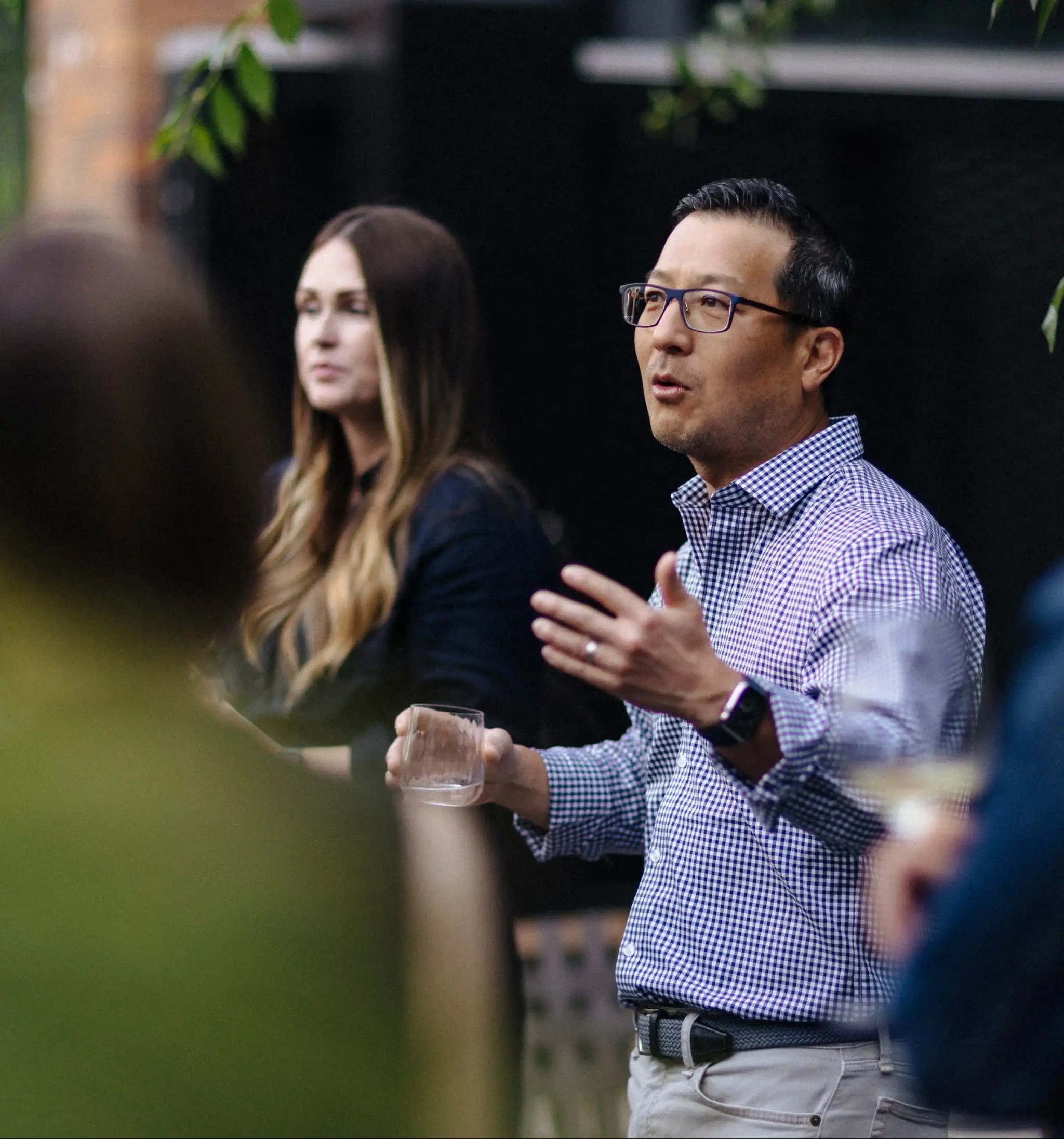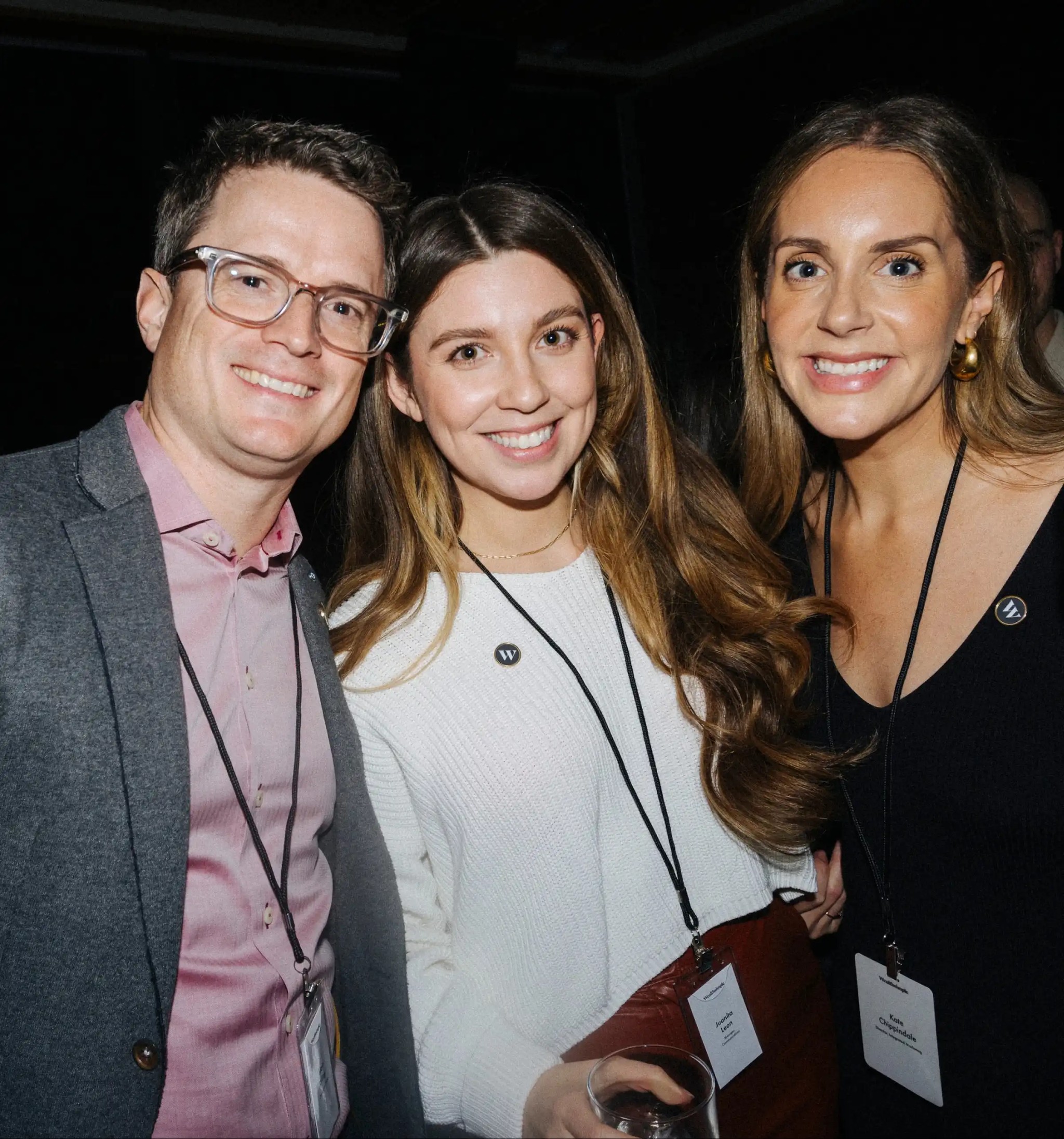What matters to us

Our values
Value 01
The client, the client, the client
Our first clients were our family and friends. It wasn't hard to know what they needed or why we should do the right thing for them. Doing that stuff is what builds trust, and what gives our jobs meaning. But it gets a lot harder as you grow. So we have to work harder. To make sure we know what people need, to go beyond our job descriptions to take care of them, to understand them like we do our family and friends. If what we're working on isn't going to make things better for our clients, we're doing it wrong.
Value 02
Ship it
We change the world by making, not by talking. Shipping means being biased toward action. It means knowing what's important and getting rid of anything that's not, and it means empowering people to move fast. We're not talking about rushing unfinished products—we're talking about building amazing things fast.
Value 03
We are maker-owners
If you're an employee, you're an owner of this company. Congratulations. That's our business — ownership. When you buy a stock, you own part of something. Being an owner means we're accountable. It means there are no problems that aren't your problem. It means we take pride in everything we do. It means that each of us is in the business of building the company. We're not here to do a job, we're here to do the best work of our lives.
Value 04
Naive ambition
This whole thing started with naive ambition. That's the only way to build something transformative – if it wasn't a little bonkers someone else would have done it by now. So we don't think about why something won't work – there are always really good reasons. Instead we ask, “What do we need to believe to make it happen?” We're here to challenge the status quo, and that means aiming for something bigger than anyone expects.
Value 05
Be human
We're building the most human financial company in the world. So being ambitious is only half the job. What does it mean to be human? It means being compassionate – to each other and to our clients. It means being a person first, and a job title second. It means an idea belongs to no one, because we want the best idea to win more than we want to get credit. It doesn't mean always being nice — directness and honesty are part of building trust. But it does mean always being kind.
Value 06
Keep it simple
If you forget everything else, remember this one. We want to make things simple because simple is better. Our products, especially. But also the way we work together and the way we talk to our clients. Experts take complexity and make it simple. Simple is hard, but it's our job. Also, don't forget everything else.



